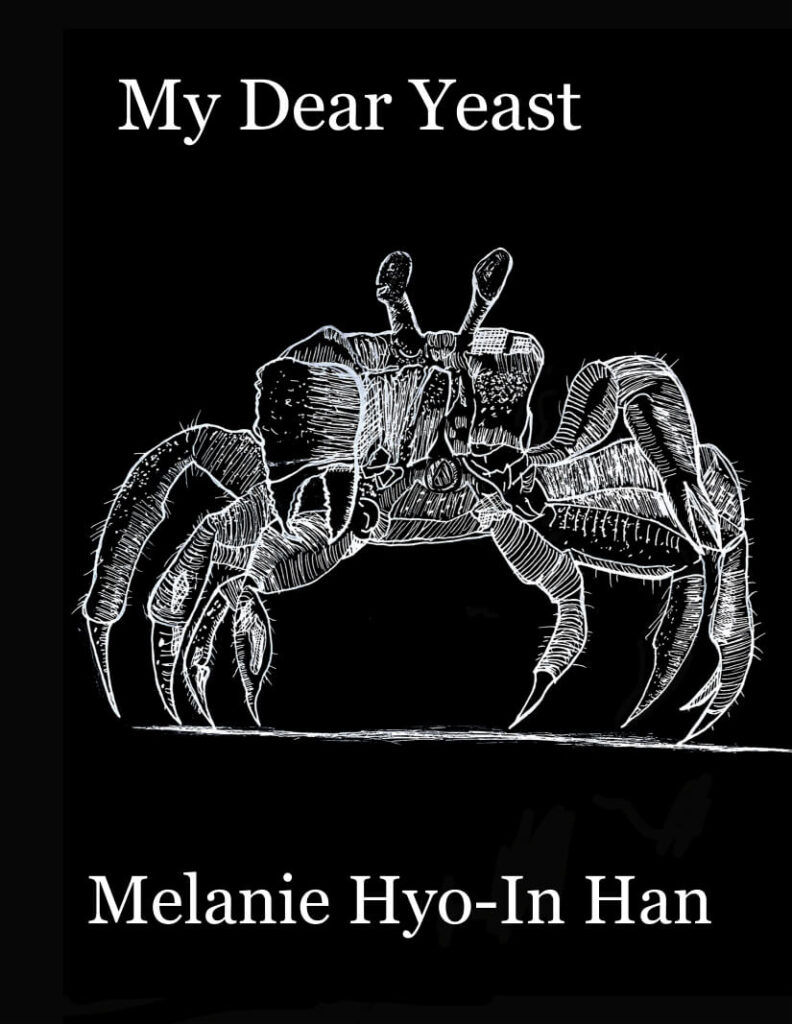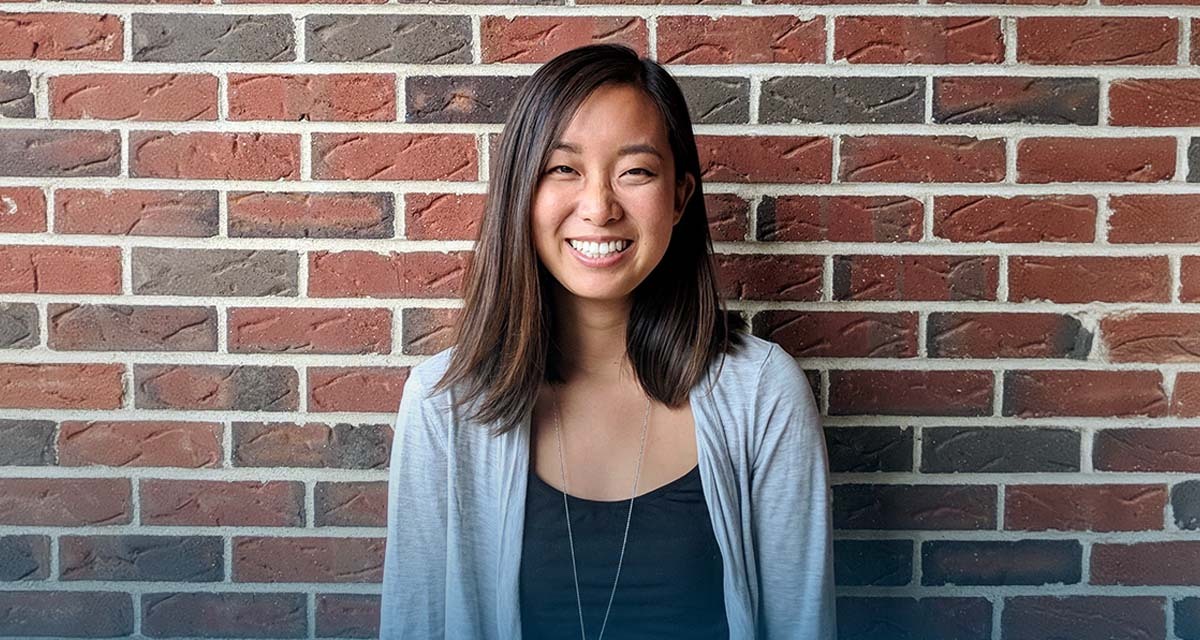Melanie Hyo-In Han ’16 ’19 Shares Her Experience as a Published Author and TCK
Melanie Hyo-In Han ’16 M’19 studied English, Spanish and linguistics as an undergraduate student and secondary English and secondary Spanish for her graduate studies at Gordon. She recently published her first full-length book, My Dear Yeast, about her experience growing up as a third-culture kid (TCK). She’s won and been nominated for several awards from organizations, including Pushcart Prizes, “Boston in 100 Words,” Valiant Scribe, Constellations, The Lyric Magazine and more. We sat down with her to ask what life is like as a published writer.

What is a third culture kid, and how did that identity inform your writing for this book?
To me, a TCK is someone that grows up in a culture outside of their parents’ culture(s) and instead spends most of their development years in a different environment: the host culture. I was born in Korea to Korean parents but raised in East Africa, then I moved to America for my undergraduate and my masters’ education and now I’m in the United Kingdom for my Ph.D.
Writing this book was a very reflective process. It was honestly pretty vulnerable and uncomfortable. I realized I was sitting on a lot of memories and moments from my past, not all of which were positive. But sorting through them, expanding on them, and writing on them turned out to be a very therapeutic process. The book is a series of poems covering stories from all four of the cultures that have influenced me.
What inspired you to write this book?
As the world becomes more global, there’s going to be more movement and diversity in people’s stories. I went to a school with an American system growing up, and all the books in the Western canon are written by mostly old, dead, white men. There’s so much out there that can allow people to see different connections to a bigger world—stories to read and reflect on. I wrote this book for fellow TCKs to empathize and relate to, but also for people who aren’t. We should read about different experiences so we can relate to others in a different way.
You’ve published two books now. What do you wish you had known about getting published before you started the process?
Everything! I got a few short pieces and poems published in journals and magazines here and there, thanks to Professor Mark Stevick. But for an entire collection of poems, I didn’t know how to go about it. During my MFA, one of my final projects was to make a chapbook—a small booklet usually reserved for poetry or short literature. I had to learn how to place different poems together and make a manuscript that was practical and submittable. I looked for calls or competitions for chapbook manuscripts, and I sent it out.
Practically speaking, I sent the chapbook out to maybe a dozen places. I wish I had been more selective about who I sent to. A lot of time and effort went into looking for and finding options, and it didn’t need to be that way, especially because not every publisher is worth working with. I was more selective my second time around. By then I learned there was room to negotiate and push back.
I also didn’t realize how overwhelmingly dense the contracts were! I wish I had known how to prioritize those things—royalties, author copies, etc. I just signed it and sent it back. I wish I had known how to read through them and understand the pros and cons of different presses. Ultimately, publishing is a relationship with the publisher, not just a contract.
What are some things you’ve learned about how to become a published author? Any resources you recommend?
Basically, there’s three routes: self-publishing authors often go through Amazon or their own website, which is great to get your work out there. You have autonomy over your work and all the profits. Then there’s the traditional route—send a manuscript through a competition or open call, hope someone picks it up and you negotiate. You get less autonomy that way. Like for this book, I didn’t get to choose the cover. The publishers deal with the layout, but they also help with the promotions. Then there’s vanity presses—stay away from those! If anyone says, “Give us money and your manuscript, we’ll publish it for you,” stay away from it. Don’t pay a publisher for your book! Legitimate publishers will never ask you that. Also, the publishing process is different for fiction, nonfiction and poetry. Fiction and nonfiction authors usually have to go through agents.
How did Gordon prepare you to become the storyteller and published author you are now?
Up until I came to Gordon, writing was just something that I did for fun, and even for most of my time as an undergraduate student, it was something that I did very casually. But the belief that Gordon faculty members have in their students is unique and special. That kind of faculty-student relationship has really defined what I can do with writing. They were some of the first people to give me the practical resources and tips and encouragement that I kind of needed to be able to write.
What’s your best piece of advice for aspiring writers who want to be published?
The main thing would be to just put yourself out there. Check out Submittable to start. Facebook actually has some really great writing groups with calls for publication. Google “open calls” for the genre you write. The first time submitting your work can be so nerve-wracking. There will be a lot of rejections, but don’t be discouraged. Keep trying!
 The Bell
The Bell